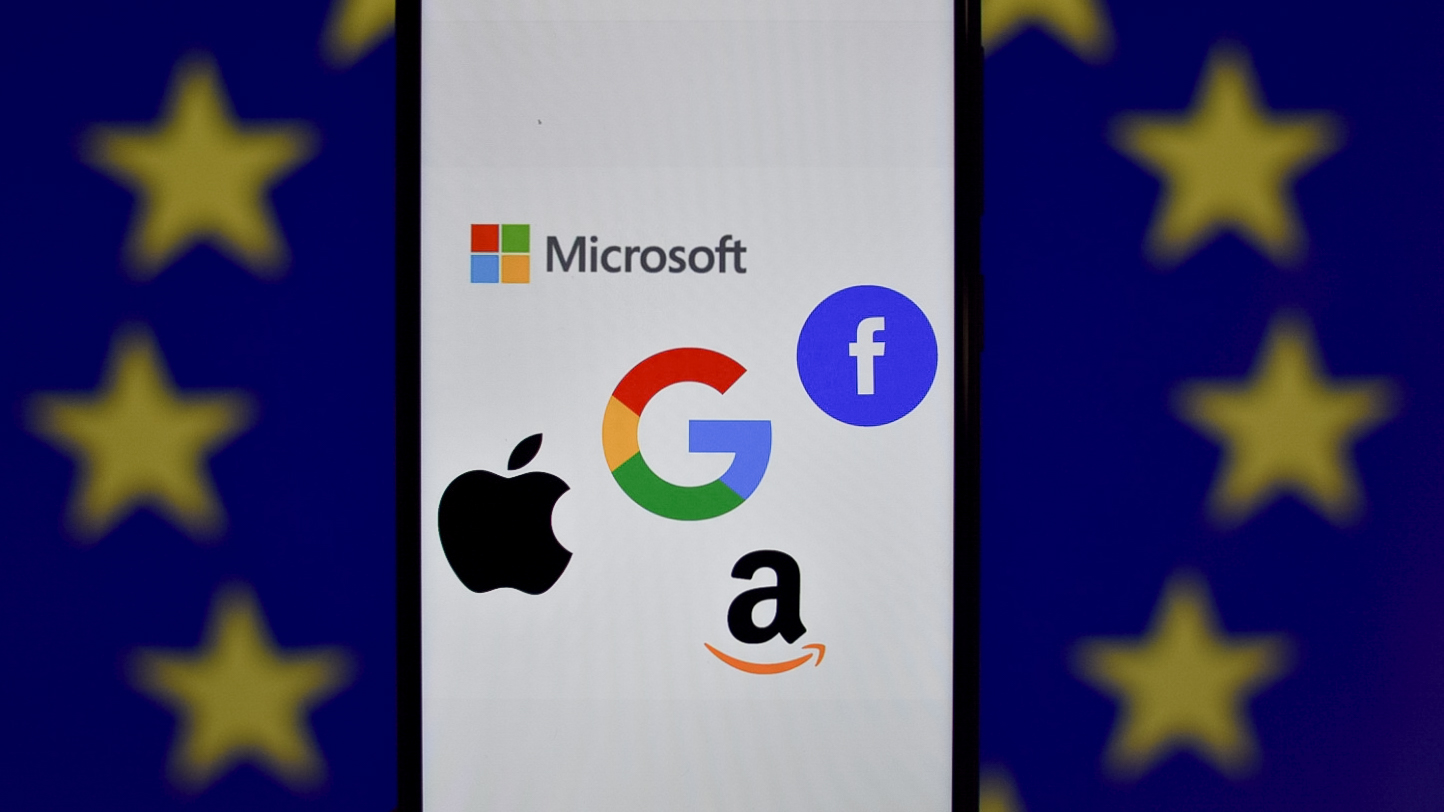What is the Digital Markets Act, and what does it mean for North American consumers?
Another tool to reign in tech companies.

The tech landscape is always evolving, and the European Union has taken a significant step to regulate big tech companies and ensure fair competition. The Digital Markets Act (DMA) is legislation that aims to address the challenges posed by what it calls digital gatekeepers and create a level playing field for everyone. While the DMA is a European Union initiative, its implications extend beyond borders, possibly impacting everyone no matter where you live.
What is the Digital Markets Act?

The Digital Markets Act is legislation by the European Union that seeks to regulate digital gatekeepers—large online platforms that have a substantial impact on the market. These gatekeepers, often synonymous with major tech corporations, possess significant market power and control key access points for businesses and consumers.
The DMA was approved in late 2022 and went into effect, for the most part, in early 2023. It has provisions that regulate some hardware, but mostly, it is designed to make sure software platforms are treating everyone — including competitors — in a fair way. The software ecosystem and platform(s) that make modern smartphones appealing are going to change, hopefully, for the better.
There are four key provisions of the DMA. You can read the full set of rules and regulations here, but for consumers, these stand out.
The designation of Digital Gatekeepers: The DMA allows the European Commission to designate certain companies as digital gatekeepers based on specific criteria, including size, market share, and impact on competition. These gatekeepers are subject to additional obligations to ensure fair competition. The European Commission has designated Alphabet (Google's parent company), Amazon, Apple, ByteDance (TikTok's parent company), Meta, and Microsoft as digital gatekeepers.
Prohibiting unfair practices: Digital gatekeepers are prohibited from engaging in certain unfair practices, such as leveraging their market power to prioritize their services or restricting interoperability with competing services. This aims to foster a more competitive and innovative digital ecosystem. Alphabet and Apple have both been in the headlines for possibly being unfair. Expect to see more changes, both voluntary and regulated. Also, expect some things to not change, like the EU ruling that Apple's iMessage was not a "core platform service" because it has little impact inside the EU.
Data Access and Portability: The DMA introduces provisions to ensure fair access to and portability of data, enabling businesses and consumers to switch between different platforms seamlessly. This is intended to reduce the dependence on a single gatekeeper and enhance user choice. This means services like Google's Takeout have to be available for all platforms, and they will need to be more complete.
Be an expert in 5 minutes
Get the latest news from Android Central, your trusted companion in the world of Android
Enhanced Enforcement Mechanisms: To enforce compliance with the DMA, the legislation grants the European Commission the authority to conduct investigations, impose fines, and, if necessary, implement structural remedies to address any anticompetitive behavior. This may not be enough to stop companies from trying to bend the rules, but large fines and expensive restructuring are a strong deterrent.
Implications for all of us

While the DMA is a European initiative, its impact reverberates beyond countries in the EU, affecting major tech companies that operate on an international scale. All consumers may see changes in how these companies operate and provide services to comply with the new regulations.
The DMA's focus on fostering competition and preventing unfair practices is likely to result in a more dynamic digital landscape. This could lead to increased options and improved services for North American consumers as companies strive to differentiate themselves. Companies may elect to make changes that only affect services inside the EU, but many changes made to be compliant with the DMA will likely be across the board.
The DMA sets a precedent for regulating big tech companies, and its success may influence regulatory approaches in other regions, including North America, where big tech seems to call the shots. As lawmakers see what works and what doesn't work, they have a better understanding of how to draft legislation that can benefit their constituents while still allowing healthy competition in the digital marketplace.
The Digital Markets Act represents a landmark effort by the European Union to address the challenges posed by digital gatekeepers and ensure fair competition in the digital economy. Some of the legislation seems to be common sense, while other parts may seem to be too restrictive. It's legislation that has to change to meet the needs of both consumers and the companies that provide us with the services we love to use.
Ultimately, the DMA sets the stage for a more competitive and consumer-friendly digital marketplace on a global scale.

Jerry is an amateur woodworker and struggling shade tree mechanic. There's nothing he can't take apart, but many things he can't reassemble. You'll find him writing and speaking his loud opinion on Android Central and occasionally on Threads.
